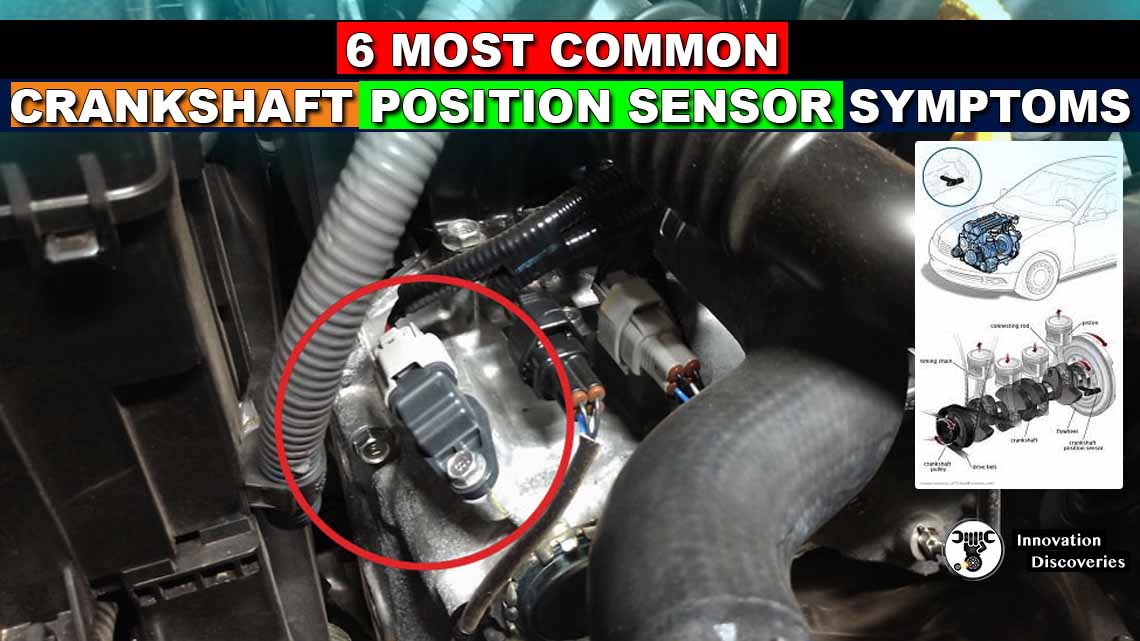
Introduction
The crankshaft position sensor (CKP sensor) plays a critical role in the smooth operation of modern internal combustion engines.
As a vital component, it monitors the rotational speed and position of the crankshaft, relaying crucial information to the engine control unit (ECU) to optimize ignition timing and fuel injection. When the CKP sensor malfunctions, it can lead to various symptoms that negatively impact the engine’s performance.
In this article, we will explore the six most common crankshaft position sensor symptoms and their implications.
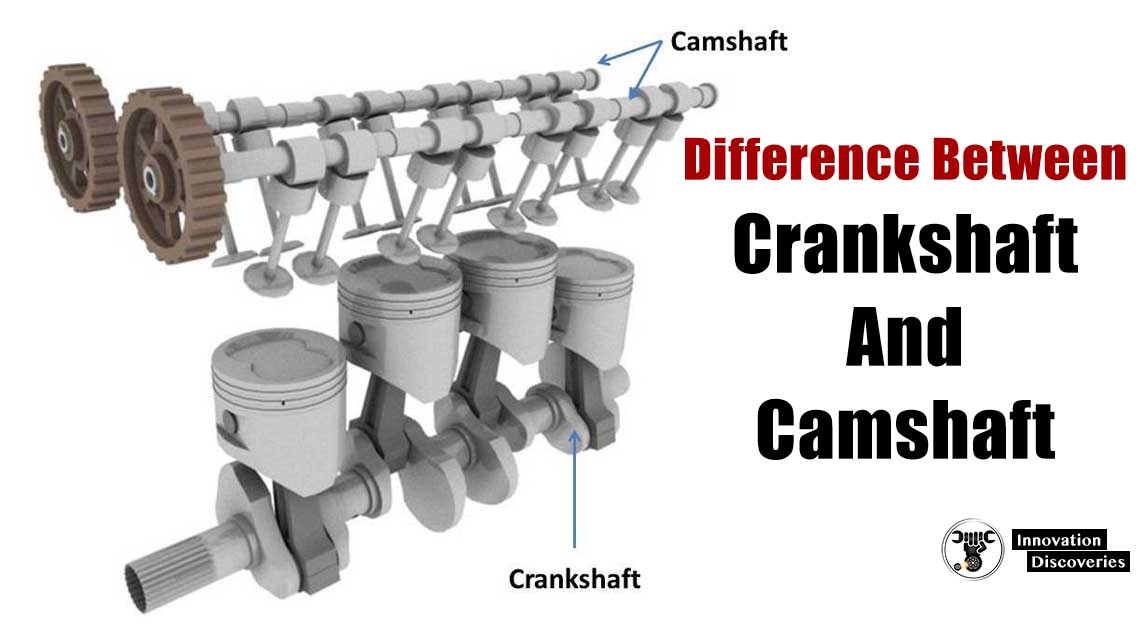
1. Engine Stalling
One of the primary symptoms of a faulty crankshaft position sensor is engine stalling. As the CKP sensor provides real-time data on the crankshaft’s position, any inaccuracies in its readings can disrupt the engine’s timing and fuel injection.
Consequently, the engine may stall intermittently or suddenly, especially at low speeds or idle. If left unaddressed, engine stalling can pose safety hazards on the road and lead to frustrating breakdowns.
2. Difficult or No Starting
Another noticeable sign of a malfunctioning CKP sensor is difficulty in starting the engine. When the sensor fails to send the correct signals to the ECU, the engine may take longer to start, requiring prolonged cranking.
In severe cases, the engine may not start at all. This symptom can be particularly frustrating and inconvenient, leaving drivers stranded and requiring tow service.
3. Rough Idling
A malfunctioning CKP sensor can lead to erratic engine idling. The engine may run roughly, surging or vibrating, and may exhibit abnormal fluctuations in RPM (revolutions per minute).
The irregular idling can be both annoying and concerning, indicating a potential issue with the sensor or other related components.
4. Poor Acceleration and Performance
The crankshaft position sensor’s role in optimizing ignition timing and fuel injection is vital for the engine’s performance. When the CKP sensor malfunctions, it can adversely affect these processes, resulting in decreased power and overall performance.
The vehicle may feel sluggish and unresponsive, struggling to accelerate properly, and failing to deliver the expected performance.
5. Check Engine Light (CEL) On
Modern vehicles are equipped with an onboard diagnostic system that monitors various engine parameters. When the ECU detects a problem with the crankshaft position sensor or its associated circuit, it will trigger the check engine light (CEL) on the dashboard.
The CEL serves as an indicator to the driver that a potential issue requires attention. Retrieving the diagnostic trouble codes (DTCs) from the ECU can help pinpoint the specific problem with the CKP sensor or related components.
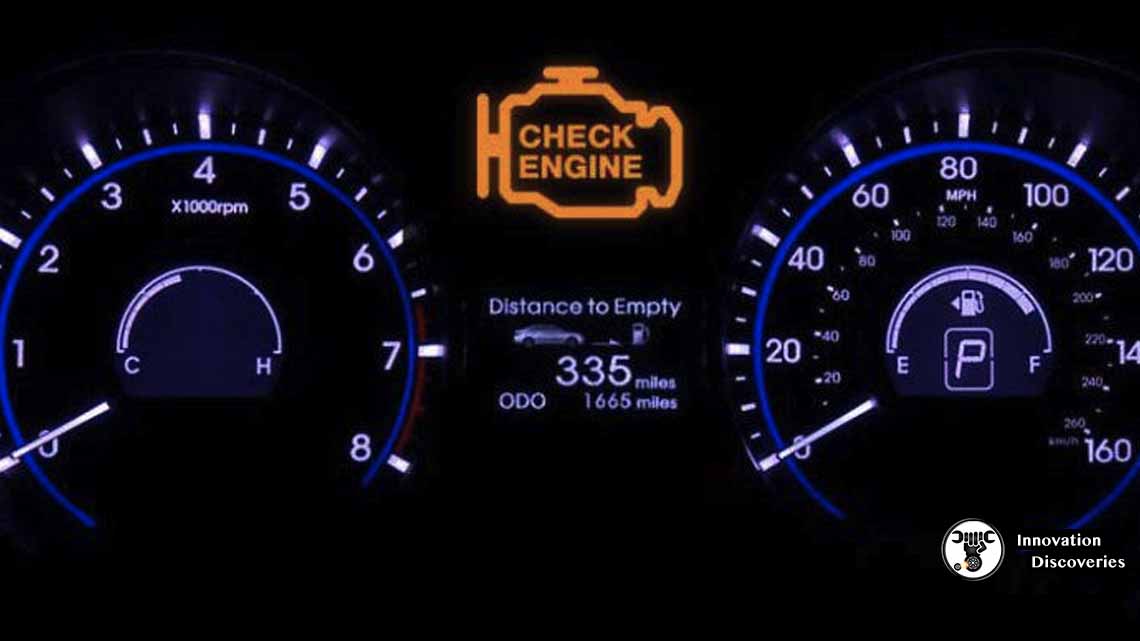
6. Misfiring
Misfiring is a critical symptom of a malfunctioning CKP sensor. Inaccurate data from the sensor can disrupt the precise ignition timing, leading to one or more cylinders failing to ignite properly.
This results in rough engine operation, reduced fuel efficiency, and potential damage to the catalytic converter over time. Misfiring can also trigger the vehicle’s emissions control system, leading to increased harmful emissions.
Conclusion
The crankshaft position sensor is a vital component that ensures the proper functioning of an internal combustion engine. When it malfunctions, it can lead to a range of symptoms, including engine stalling, difficult or no starting, rough idling, poor acceleration and performance, a lit check engine light (CEL), and misfiring.
If you experience any of these symptoms, it is crucial to have your vehicle inspected by a qualified mechanic. Proper diagnosis and timely repairs can prevent further damage to your vehicle and help you maintain a smooth and reliable driving experience.
Read More:
- Bad Habits That Affect The Transmission Life Expectancy
- The Must-Know Oil Pump Failure Symptoms
- 3 Symptoms of a Faulty Speed Sensor in Your Vehicle
- Timing Belt vs Timing Chain
- The Hidden Mystery Behind Car Transmission
Visit Forum
Visit Our Friendly Website


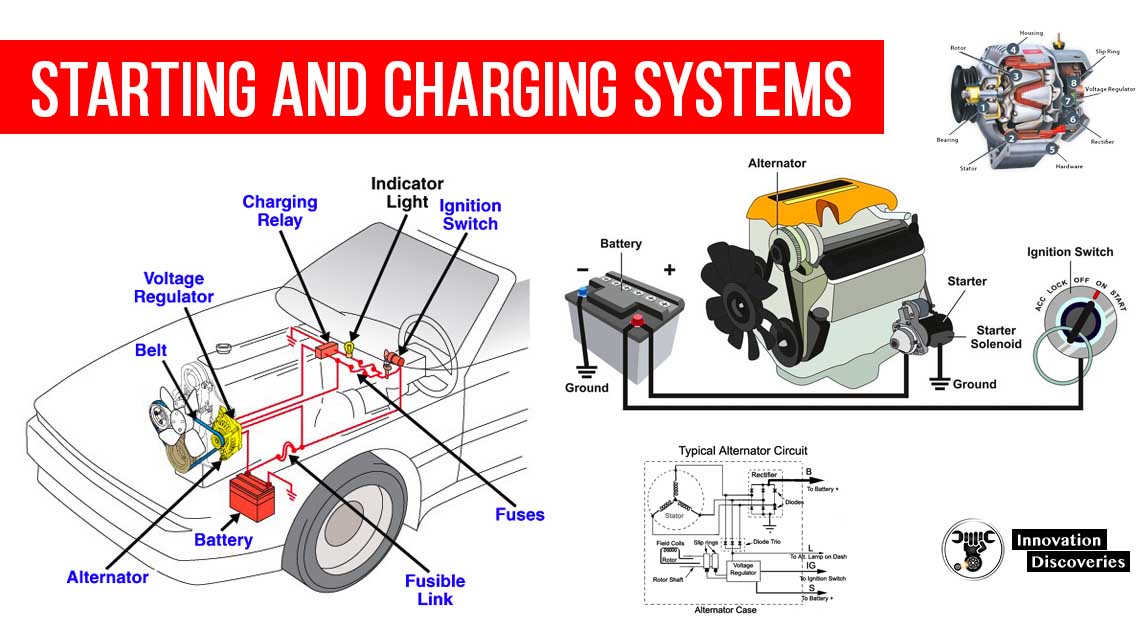
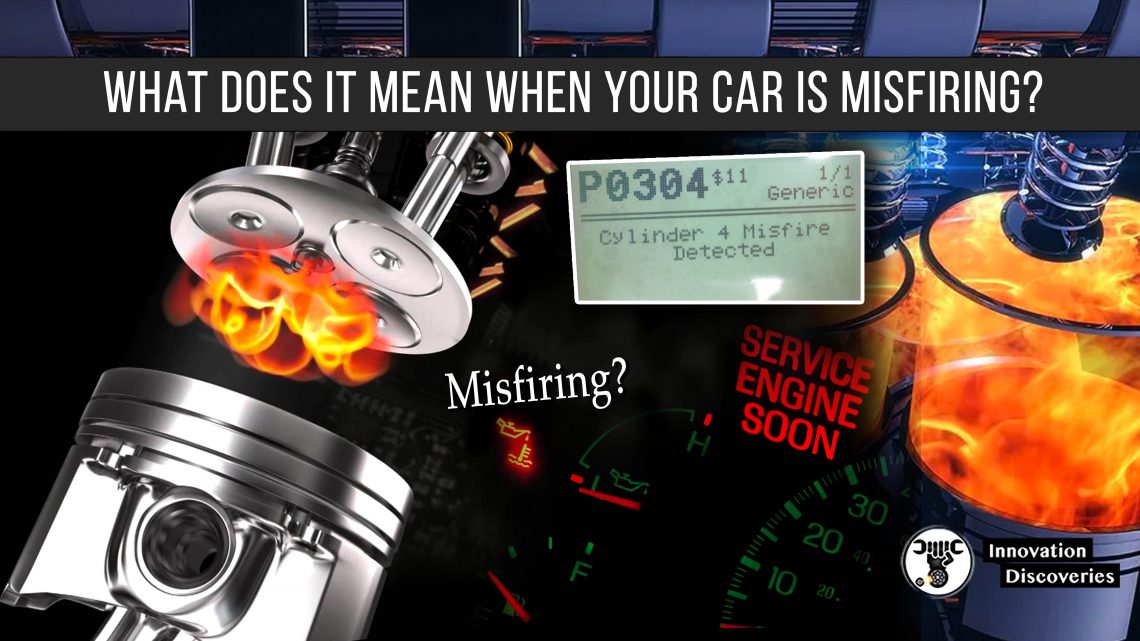

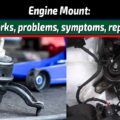

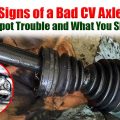
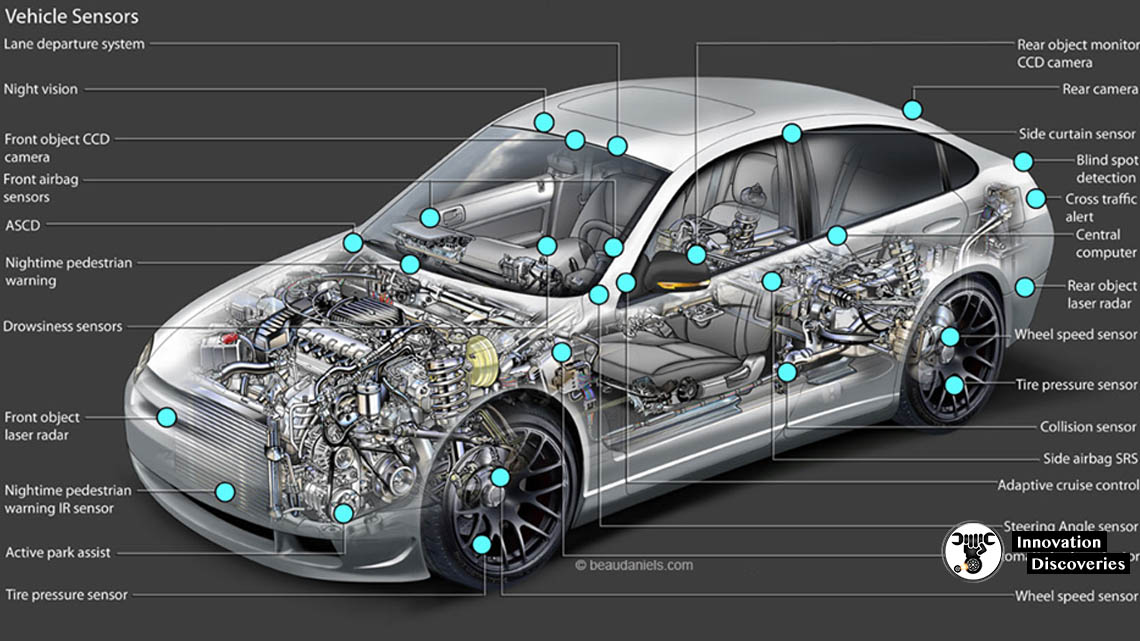
5 Comments